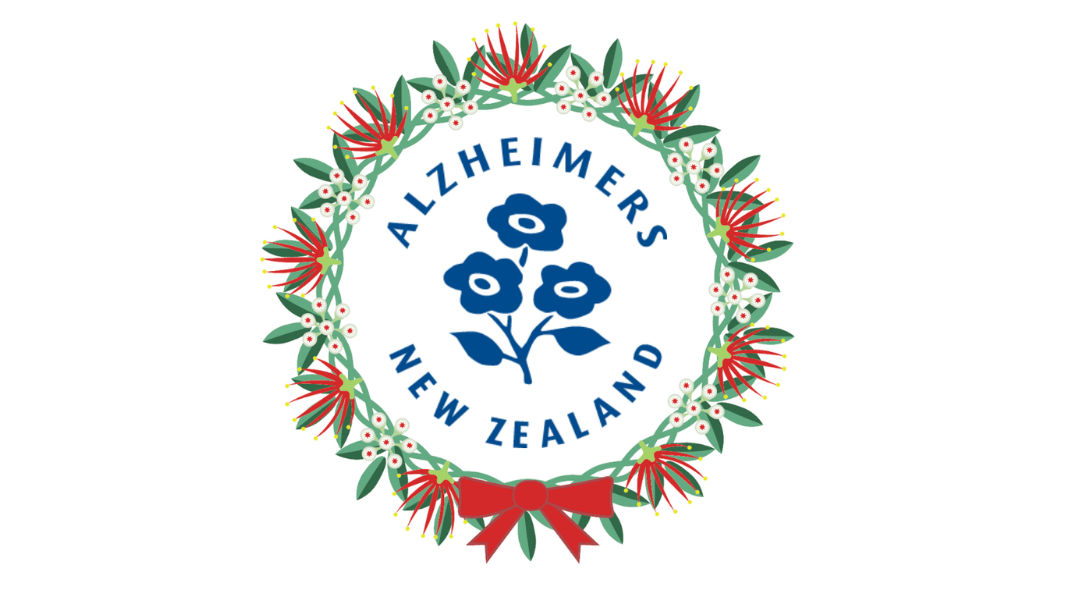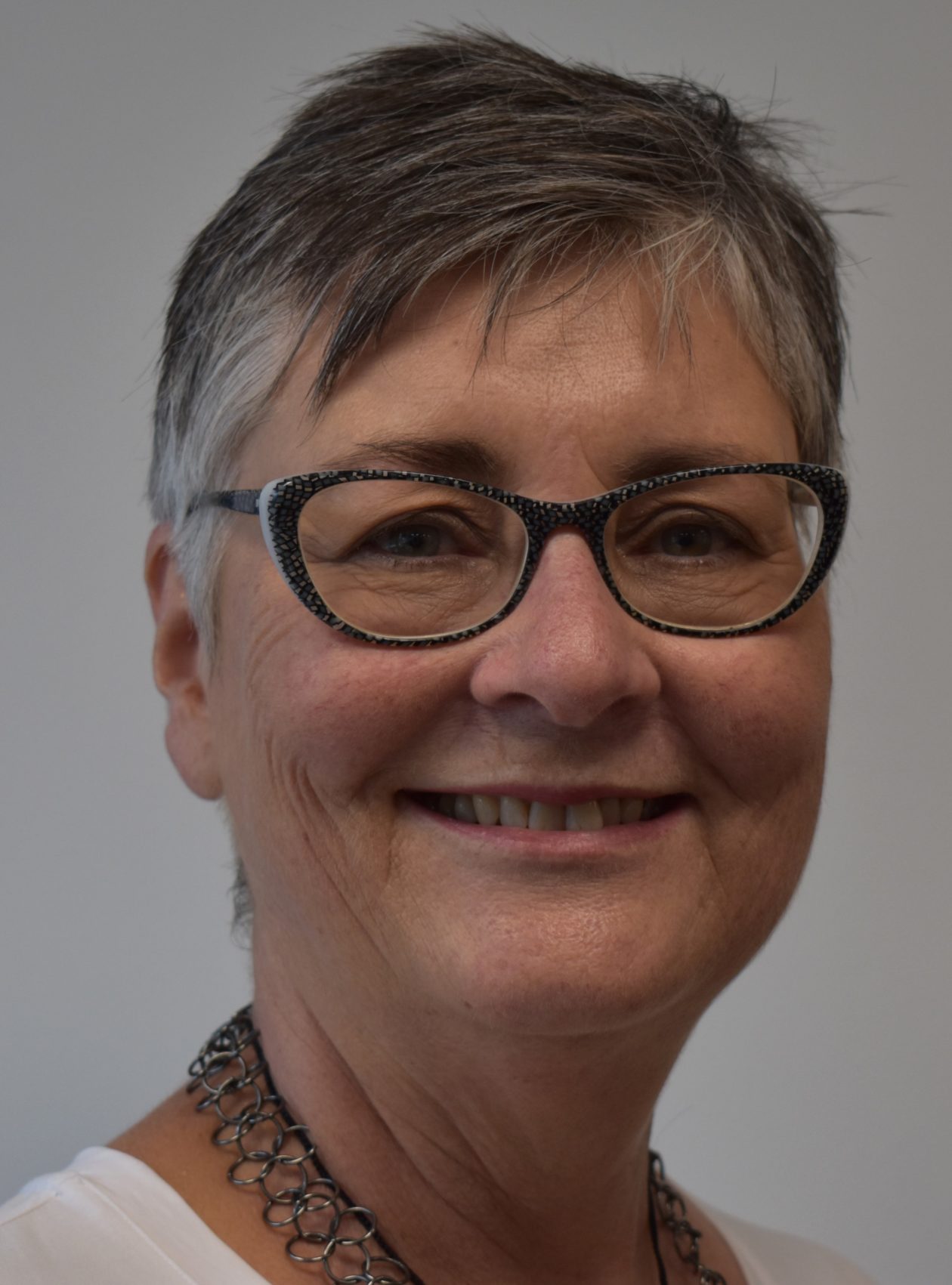Looking back on 2021
Kia ora. It’s been another busy year – challenging in lots of ways and productive in others.

Covid-19 continues to change the way we live. And while it is encouraging to see Aotearoa New Zealand’s national vaccination rate so high, there’s still lots more we will need to continue doing to support one another.
Central to this is making sure our health systems and communities are well prepared to provide the support people need. Part of that work is now underway with the reforms of the health system, and the establishment of Health NZ and the Māori Health Authority. We are working closely with the Health Reforms Transition Unit so that people living with dementia are not left behind in this process.
It was great to update the Dementia Mate Wareware Action Plan earlier this year in collaboration with our partners, including the Mate Wareware Advisory Rōpū. The Associate Minister of Health continues to express support for the Plan.
So far, there’s been a lot of very comforting talk, but no concrete commitment to fund and implement the Plan. We want to be quietly encouraged, but the proof really will be in the pudding of the next couple of years.
Despite all the talk, it is frustrating and deeply concerning to see no action yet, because the reality is that government do not have a choice about whether or not they ‘deal’ with dementia, only how and when. The Dementia Economic Impact Report (DEIR), which we launched in September, shows there are around 70,000 New Zealanders living with dementia now, and that number will double in coming years, and triple for our Māori, Pasifica and Asian communities.
Despite this, there is hope. We are seeing more discussion than ever before about human rights and the importance of supporting people to live their best possible lives with dementia. These were central themes to our Conference, which took place online for the first time in November. 40% of the audience and many of the speakers were people living with dementia and care partners, who generously shared their experiences and hopes for the future.
Around the country, we’re seeing more and more businesses and organisations commit to becoming Dementia Friendly, and this year, we were delighted to award our first hospital, museum and library into this growing community. We’ve also welcomed many thousands more Dementia Friends, which is great.
The Dementia Learning Centre continues to grow, with Cognitive Stimulation Therapy training launched, and a new virtual reality programme coming very soon! The kaupapa of the Centre is based around people, and the right we all have to feel supported, valued, and loved. I don’t think I am alone in feeling like this has been a major lesson from the Covid-19 experience. Pandemics and national emergencies bring all sorts of challenges, not least of which is the impact on our wellbeing – both emotional and physical.
Which makes it all the more important that we continue to support New Zealanders living with dementia efficiently, responsively, but most of all, with love and kindness.
For many of us, the festive season and summer holidays are the highlight of the year. And there’s lots we can do to prepare for the holidays and support each other over this period. Whether you are living with dementia yourself, a care partner, or you know someone who is affected by dementia – here’s some tips to help during this time.
I do hope you are all looking forward to a well-earned break over the holidays. The last part of 2021 has felt particularly tough and I am sure we will all appreciate some time to unwind and relax with friends and whānau.
As always, a big thank you to our team, Board, local Alzheimers organisations, volunteers, Dementia Friends, Champions for Dementia, partners and our extremely generous donors and supporters.
Rest easy, take care and we will see you all again in January. Ngā mihi o te Kirihimete me te Tau Hou.


